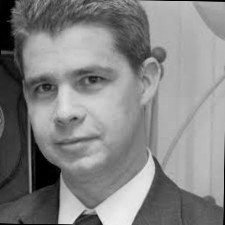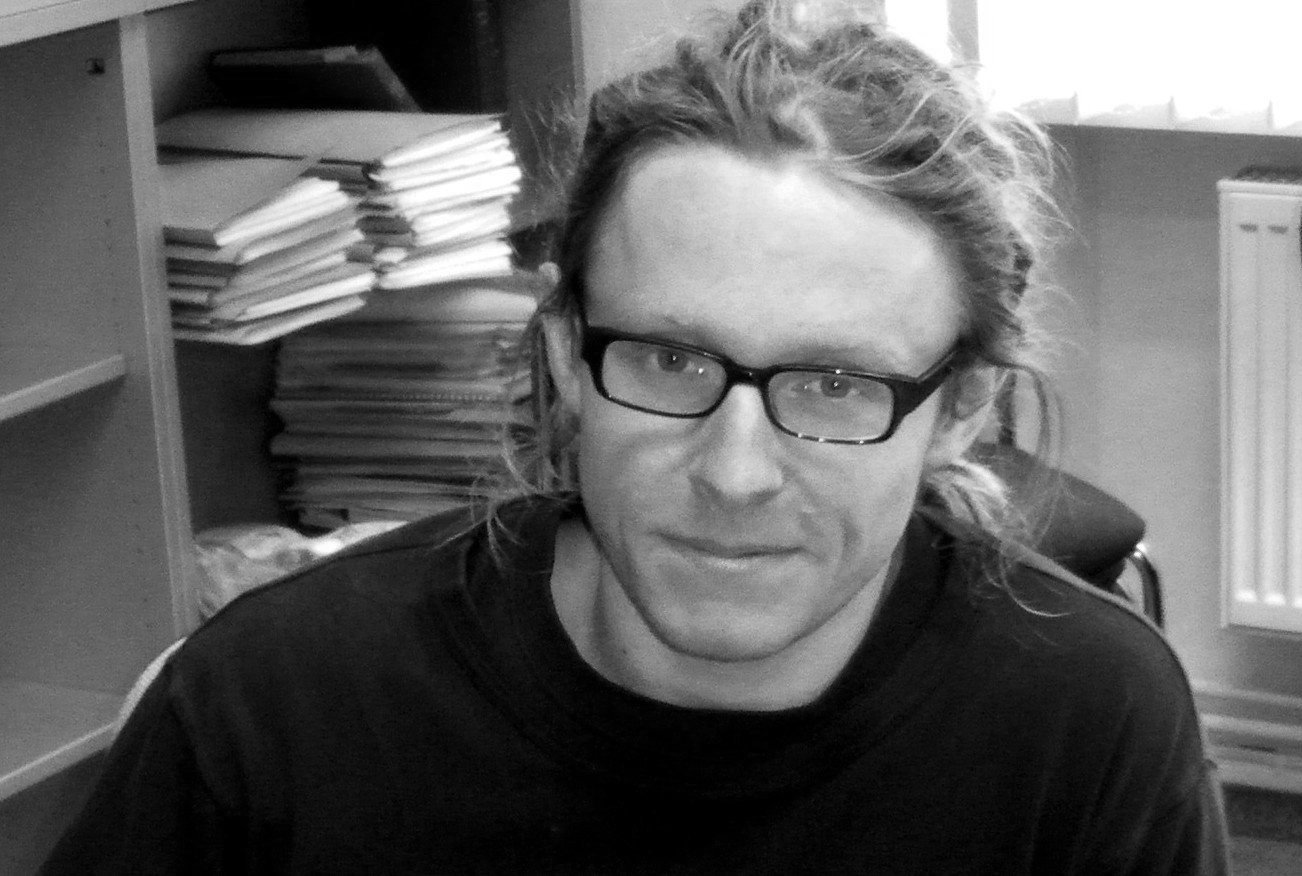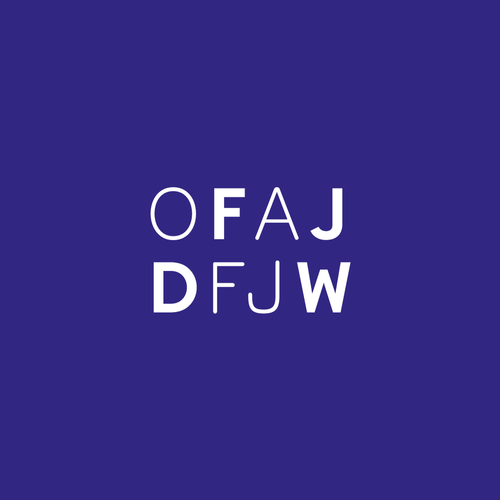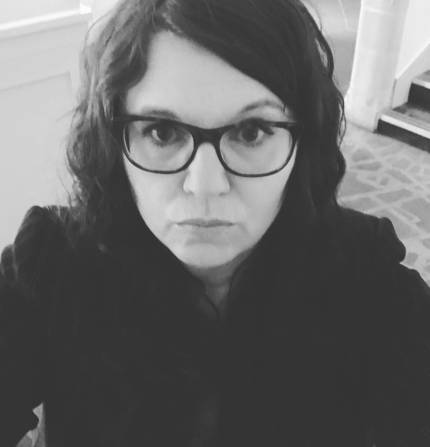
Our Events

Doomed to Dependence? Evaluating Great Power Competition over Emerging Defence Technologies and the Risk of EU-Irrelevance
Unveil the complexities of the #AI and emerging defence technologies! Join our #MSC2025 Side Event for an exploration of shifting power dynamics in the light of technological development for defence and security.

The Two Faces of the EU: Between Reform and Resistance
Join the YSC for it’s anniversary conference as we celebrate 5 years of bringing together young security enthusiasts to envision the future of European Security and Transatlantic Cooperation. This year attention will be directed towards the lack of commitment among European Union (EU) member states to the Common Foreign and Security Policy (CFSP).

Chances and Risks of EU accession of Western Balkans
The panel seeks to evaluate common obstacles to EU membership by candidates in the Western Balkan states. Additionally, it raises the questions of whether the EU should continue to push for enlargement - and even consider treaty changes to speed up the process-, or whether it should stay with its set of membership criteria and emphasize clear preconditions for admission?

Navigating Icy Waters: Mapping Trans-Atlantic Strategies for the Arctic
Unveil the complexities of the #Arctic! Join our #MSC2024 Side Event for an exploration of transatlantic security in the face of climate change and geopolitical challenges. Let's discuss strategies and shape the future of Arctic cooperation.
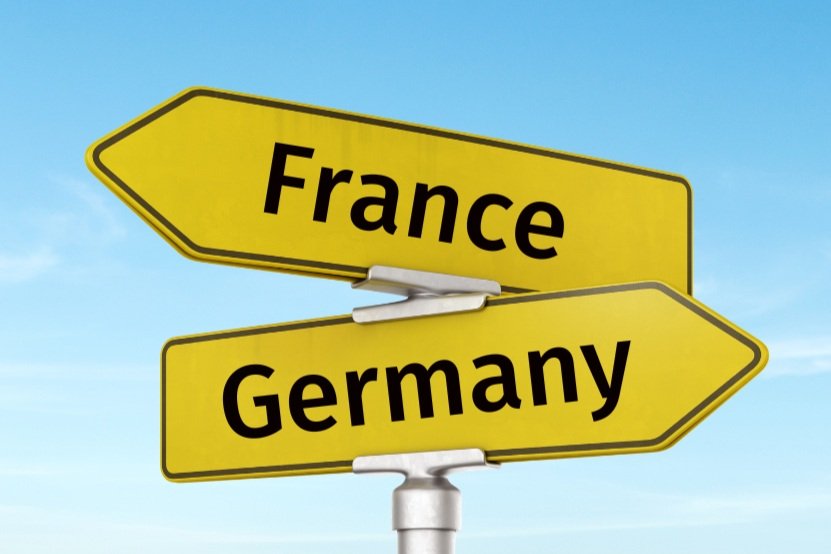
Exploring EU Foreign Policy in the Israel-Palestine Conflict through National Policy Divergences
(c) Canva
This webinar will zoom in on the divergent national policies of European Union (EU) member states and how they challenge a unified EU Foreign Policy, especially when grappling with intricate issues such as the Israel-Palestine conflict. The event will delve into the EU’s, French and German political cultures, discussing how historical, political, institutional and cultural factors shape their distinct stances on the complex geopolitical landscape of the Middle East.
The discussion will go beyond traditional diplomatic analyses, incorporating elements such as demographics and historic political polarizations:
How did France and Germany’s engagement with both Israel and Palestine look before the 7th of October?
How did the EU respond?
Does the French demographic composition have a big impact on EU Foreign Policy ?
What does it mean when German politicians stress that the “Security of Israel is the prime motivation for Germany”?[1]
By discussing these questions, the event seeks to unravel the tapestry of EU foreign policy in addressing the Israel-Palestine conflict. Online attendees can expect a nuanced exploration of the impact of domestic considerations on the effectiveness and coherence of EU collective action in this critical arena. In the first segment, three speakers will share their insights, drawing attention to the divergences in national policies both within and between France and Germany. The second part of the webinar will transform into an engaging and participatory experience. Attendees will have the opportunity to actively exchange ideas with the speakers and fellow participants in breakout rooms.
Through expert presentations and interactive sessions, this event aims to foster a comprehensive understanding of the challenges faced by the EU in navigating the intricate web of national interests, historical foundations, and contemporary internal political dynamics of its member states.
Meet our speakers
-
Frédéric Charillon is a university professor at Paris Cité University, and co-director of the Geopolitics Defence and Leadership programme at ESSEC Business School. He also teaches at Sciences Po, at Clermont Auvergne University and at the Euro-Mediterranean University of Fez. He directed the Centre for Studies in Defence Social Sciences (Ministry of Defence, Paris), the Strategic Research Institute of the Military School, and coordinated the teaching of international issues at the ENA.
He publishes a weekly column in the daily newspaper L'Opinion, and has published numerous works, including Wars of Influence (Odile Jacob, 2022), France in the World (CNRS, 2021), Global Diplomacy (with Th. Balzacq and F. Ramel, Palgrave, 2020).
-
Peter Lintl is a political scientist at the Stiftung Wissenschaft und Politik (German Institute for International and Security Affairs) in the Middle East and Africa research group and heads a research project on Israel.
He studied political science, history and philosophy in Erlangen, Haifa and Tel Aviv. His research focuses on religion and politics, tradition and modernity and various Israel-related topics. His publications include "Die Charedim als Herausforderung für den jüdischen Staat", "Israels Nationalgesetz" and "Akteure des israelisch-palästinensischen Konflikts".
-
Nina is a YSC Fellow, currently completing a MA in Contemporary European Studies at the University of Bath and the Humboldt-University of Berlin. Her focus lies on the political conflict in the Middle East and she is planning to write her thesis on the security and foreign policy of the EU in that region. At the moment, Nina is working at the Konrad-Adenauer-Stiftung in Berlin, gaining practical experience in a political working environment.
Registration
To join this webinar, please register via the form below. We will contact you with the link to join upon successfull registration.
This event was made possible thanks to the Bundesyentrale für politische Bildung and the Franco-German Youth Office at DFJW.

Visions of Feminist Foreign Policy Versus Existing Power Structures in Ukraine
What is left of feminist foreign policy in and for Ukraine?
(c) PicElysium via Pixabay
More and more countries and International Organisations are adopting feminist foreign policies. States seem to be adopting a human-centred approach, where the protection of vulnerable people and long-term peace are key. This comes at a time when these normative goals seem to be in contradiction with new wars that reignite old power struggles , namely from state-centred concepts of (relative) peace and hegemonic blocs. Russia’s (neo) imperialist war against Ukraine has affected the entire population, with many millions of citizens displaced and forcing both men and women to the front line. The perpetration of war crimes, such as murdering civilians and the rape of numerous Ukrainians, disproportionately affects the most vulnerable members of society. As the war slowly enters its third year, Ukraine is still managing to defend most of its territory. There is no end in sight. The war, so far, has caused around 200.000 deaths, with comparatively low numbers of civilians. Putin’s mercilessness and disinterest in casualties, Russia’s army will eventually outnumber Ukraine.
Since the beginning of the Russian war against Ukraine, the EU and NATO have signalled boundless solidarity with Ukraine and pledged their support. Despite this consensus, Western discourse has been shaped by two opinions. One faction has supported the idea of sending weapons to Ukraine, arguing that without supporting Ukraine militarily, they would not stand a chance in self-defending their country and the democratic values they hold up as a surrogate for the West. The other faction has argued that the provision of lethal weapons would ultimately lead to an exacerbation of the war, where, in the end, all people, mainly civilians and vulnerable groups, suffer the most. Quickly, the former prevailed, to the delight of the Ukrainians, who strongly urged the West to follow their demands.
So, what is left of feminist foreign policy in and for Ukraine? This online webinar shall scrutinise how feminist foreign policy can have a positive impact on the citizens of Ukraine right now and, more generally, can lead to an end of the war. It aims to bridge the normative expectations of feminist foreign policy and realpolitik, including the patriarchal, imperialist logic of (this) war and our societies. While feminist foreign policy understands how to overcome these power structures, it also realises that brutal violence cannot be overcome without military action. How feminist can feminist foreign policy be in times of brutal aggression from Russia on Ukraine? Is this war of attrition inevitable or can feminist foreign analysis provide different solutions? This refers to both external powers, such as the USA and the EU, as well as Ukraine itself.
Structure
The webinar takes off with a 45-minute plenary discussion by the three speakers. Points of discussion will be what feminist foreign policy means to the speakers and how this influences their work. A focal point will be the alleged tension between the normative concept(s) of feminist foreign policy and existing power structures (particularly concerning the war against Ukraine). Moreover, there are differences in feminist foreign policy approaches by states such approach. What do those differences mean for the concept and the future, and is it problematic?
The audience can then select their breakout rooms for a 15-minute Q&A with the speaker they like to reach out to. Then, we go back into the plenary setting for a general Q&A part entailing interaction between the speakers. Lastly, the webinar closes with final statements on what is left of feminist foreign policy (for Ukraine).
Meet our speakers
-
Senior Lecturer in International Relations and Gender
Annika joined PIR from the University of Lund, where she was Associate Professor in IR, and with which she retains an affiliation. Prior to working at Lund Annika was Senior Researcher at the Danish Institute for International Relations. She has also held permanent lectureships at the Universities of Leicester and Edinburgh. She obtained her BSc (Government) at London School of Economics and her MSc and D.Phil. (European studies/International Relations) at the University of Sussex.
Annika is an international relations and gender scholar whose work stretches across a range of fields including feminist foreign policy, feminist security studies, gender cosmopolitanism and care ethics, feminist peace and digital diplomacy, critical military studies, the study of crisis, populism and gendered nationalism, human rights and environmental justice as well as intersectionality. She also works on celebrity humanitarianism, pop culture and world politics, with focus on the ethical, gendered, neoliberal and colonial underpinnings of celebrity politics and activism. Her article “NATO’s Strategic Narratives: Angelina Jolie and the alliance’s celebrity and visual turn” (co-authored with Katharine Wright, Newcastle University), was selected the lead editor’s favourite article, published in the journal Review of International Studies in 2021 and 2022. -
Humphrey International Fellow
Iryna Drobovych is a civil society leader and advocate for gender equality and democracy. She is the Strategy Director of the Ukrainian Women's Congress, a nonprofit organization. In this role, she collaborates with national and international partners on research and advocacy related to gender and public policy. She advocates for women’s rights and leadership in the context of Russia’s war on Ukraine. Previously, she served as a Government Relations Advisor with the Open Ukraine Foundation and as an Executive Assistant to the Prime Minister.
Iryna holds a BA in International Relations and an MA in International Strategies and Security. Her professional goals include developing strategies on the national gender and rebuilding policy, advocating equal opportunities in Ukraine's post-war recovery, and working within Ukraine’s national government, civil society and international donors to advance gender equality.
-
Assistant Professor of European Studies
Hannah is an Assistant Professor of European Studies at the University of Amsterdam, specializes in 'Europe in the World.' With an extensive academic background, she has served as a lecturer at the Department of European Studies (UvA) and the Department of Political Science and Public Administration at VU Amsterdam. Having defended her PhD at the Institute of Political Science at the University of Tübingen in 2015, her research revolves around security, militarism, and civil society funding, focusing on the European Union, Turkey, and the Netherlands. Dr. Muehlenhoff brings diverse perspectives, including feminist, queer, postcolonial, and Foucauldian, to her analytical framework.
Her contributions extend beyond teaching and research, as she holds the elected position of co-chair of the Council of European Studies Gender and Sexuality Research Network. Dr. Muehlenhoff has played a key role in coordinating the 'Gender and Sexuality in European (Geo)Politics' online lecture series and serves as the principal investigator in the interdisciplinary research project "Emotions in European Politics: Affective Dynamics and Complex Societal Challenges," funded by the Amsterdam Centre for European Studies (ACES). She has also co-edited a special issue for Political Studies Review on 'Slipping Off or Turning the Tide: Gender Equality in European Union's External Relations in Times of Crisis.' Furthermore, her book, "EU Democracy Promotion and Governmentality: Turkey and Beyond," published by Routledge in March 2019, sheds light on the impact of EU funding on human rights organizations in Turkey, with a specific focus on the agency of Turkish women's, LGBTQ, and human rights groups involved with EU grants.
-
YSC Fellow
Lena Wittenfeld (she/her) graduated with a Master's degree in "Democratic Governance and Civil Society" at the University of Osnabrück. Since September 2023, she works as a research associate at the University of Bielefeld and writes her dissertation on Feminist Foreign Policy. In her research, she focuses on topics in the intersection of Political Theory, International Relations and Gender and Queer Studies including feminist International Relations, (feminist) foreign policy, critical feminist theories, and intersectional as well as postcolonial feminisms. Lena also serves as co-program director of the ‘Gender and International Politics’ program at Polis180 e.V. Currently, she also holds a Sylke-Temple Fellowship critically studying ‘Why Feminist Foreign Policy Offers Realpolitik Solutions in Times of Geopolitical Crises’ and is a YSC Fellow.
Registration
To join this webinar, please register via the form below. We will contact you with the link to join upon successfull registration.
This event was made possible thanks to the Bundesyentrale für politische Bildung and the Franco-German Youth Office at DFJW.

Winter School on Trade and Security 2023
EU and USA – A Strong Alliance? Reordering Geopolitics in the Wake of Putin’s War
After Putin’s attack on Ukraine, a unified response by the U.S., Europe, and other allies was swift: Support for Ukraine was strong both economically and militarily severe sanctions were put in place to punish the Russian economy and thus undermining Russian support for Putin’s régime. The Western world was standing shoulder to shoulder in its efforts—a unity unprecedented since the end of the Cold War in the early 1990s. In particular, NATO proved to be a valuable agent in showcasing its efficiency and its capability to act when necessary. Furthermore, its member countries showed a swiftness and willingness when it came to funding their armies and military infrastructures.
Whereas general support for Ukraine remains strong among NATO and its allied countries, the war in Ukraine also obfuscates the fractures within the transatlantic partnership that loom beneath the surface. E.g. despite all well-meaning assertions, the NATO two-percent goal is still not being met by many member countries such as Germany and France. U.S. support for Ukraine, and potentially also for NATO, could wane during a second Trump administration.
Moreover, if one looks beyond traditional security policies, NATO member countries are far from unified when it comes to responses to the re-ordering of geopolitics in the wake of China’s rise as a global power. Whereas the U.S. takes every measurement to ensure that Pax Americana prevails, Europe seems often unsettled in its response to U.S. hegemonial efforts.
Accordingly, in this Winter School we want to discuss the following main topics and develop ideas on how to further the transatlantic partnership in order to create resilience for Western democracies.
The future of NATO in the face of Russian aggression and tectonic shifts in global hegemonies – future challenges and opportunities
Securing European and U.S. interests in the future global order – a common endeavor?
Domestic perspectives on NATO and the transatlantic partnership
Main Goal of the Winter School
The main goal of the Winter School is to both deepen knowledge in relation to NATO and the transatlantic partnership and critically rethink the conditions under which NATO and its member countries can peacefully flourish. Accordingly, we expect participants to come well prepared and willing to challenge their own perspectives on the topic.
Who can participate?
We invite young people under 35 years of age with differing regional backgrounds to join us for this Winter School. Each participant should have some experience, interest, or study focus on security politics and connected issues. Participant should be willing to challenge their positions in light of various arguments. We particularly invite women to apply and aim for at least a 50% rate of female participation.
Why apply?
This Winter School will be an excellent opportunity to not only develop your perspectives on the future of the transatlantic partnership; it will also provide a great opportunity to get in touch with leading experts in the topical field, thus expanding your network. Furthermore, you will receive a certificate for your successful participation.
Last but not least, you will have the opportunity to develop the ideas delineated in the Winter School and introduce them to the audiences at the Munich Security Conference and Amerikahaus Youth Hub. This is an excellent way to bring youth-driven impulses to the international security politics community.
How to apply
Your application should include your CV/resumé and a short letter of motivation where you indicate your experience and interests in connection with the relevant topics of the Winter School, such as international politics, security policies, or transatlantic relations. Please send your application via e‑mail to faltermeier@amerikahaus.de until Monday, November 20, 2023.
Travel allowances are available for applicants that are not from the metropolitan area of Munich. In general, we will be able to grant €100 to people travelling from Germany, and €200 to people from outside of Germany. Should potential applicants’ financial circumstances deter them from applying, reach out to us with your application materials and further information to discuss possible solutions.
Preliminary Timeline
-
1 p.m. Registration
2 p.m. Welcome and Opening Remarks
2:30 p.m. – 4 p.m. Transatlantic Partnership
A Primer on the Status Quo in Trade, Security, and Geopolitics
4:30 p.m. – 6 p.m. Workshop 1
NATO and its Allies – Future Challenges and Opportunities
7 p.m. – 8:30 p.m. Keynote
Title tbd.
9 p.m. – 10:30 p.m. Food for Thought: Topical Conference Dinner
Feminist Foreign Policy and the Transatlantic Partnership
-
9:30 a.m. – 11 a.m. Workshop 2
Transatlantic Partnership, New Geopolitical Constellations, Conflicting Viewpoints between EU and US I
11:30 a.m. – 1 p.m. Workshop 3
Transatlantic Partnership, New Geopolitical Constellations, Conflicting Viewpoints between EU and US II
1 p.m. Lunch Break
2 p.m. – 3 p.m. Panel Discussion
Politicians’ Perspectives on the Transatlantic Partnership
3:30 p.m. – 5 p.m. Workshop 4
Domestic Struggles and Transatlantic Cooperation
5 p.m. – 6 p.m. Dinner Break
6 p.m. – 8 p.m. Brainstorming and Group Formation
-
9 a.m. – 11 a.m. Ideational Café: Group Work
Develop Ideas on how the transatlantic partnership will remain relevant and productive.
11 a.m. – 1 p.m. Workshop
Forecasting the Transatlantic Partnership (organized by Bertelsmann Foundation)
2 p.m. – 3 p.m. Presentation of Group Work
3 p.m. End of Winter School
Farewell
Organisers
YATA International
Junge DAG
Amerikahaus München
Junge DGAP
Young Security Conference

